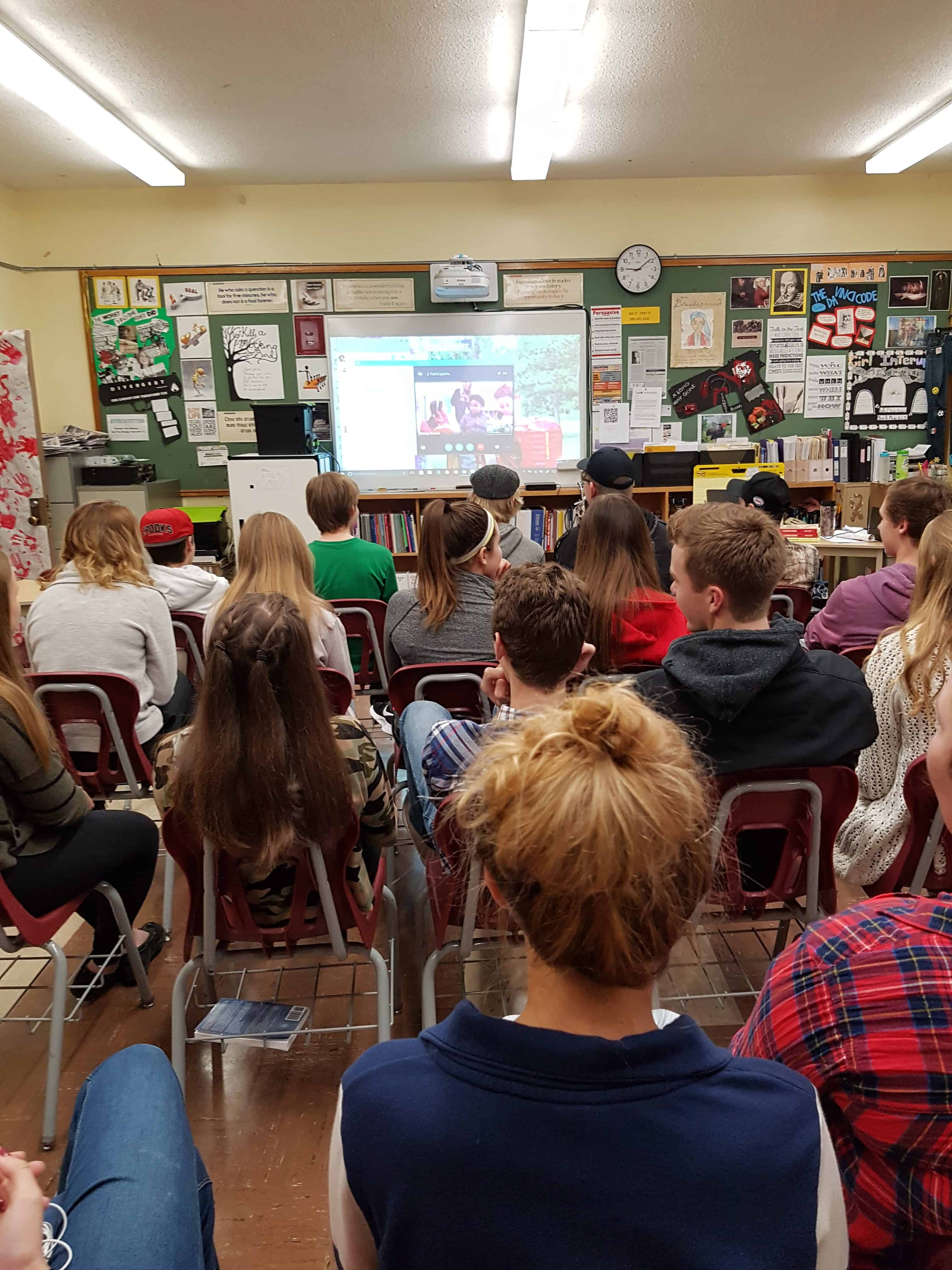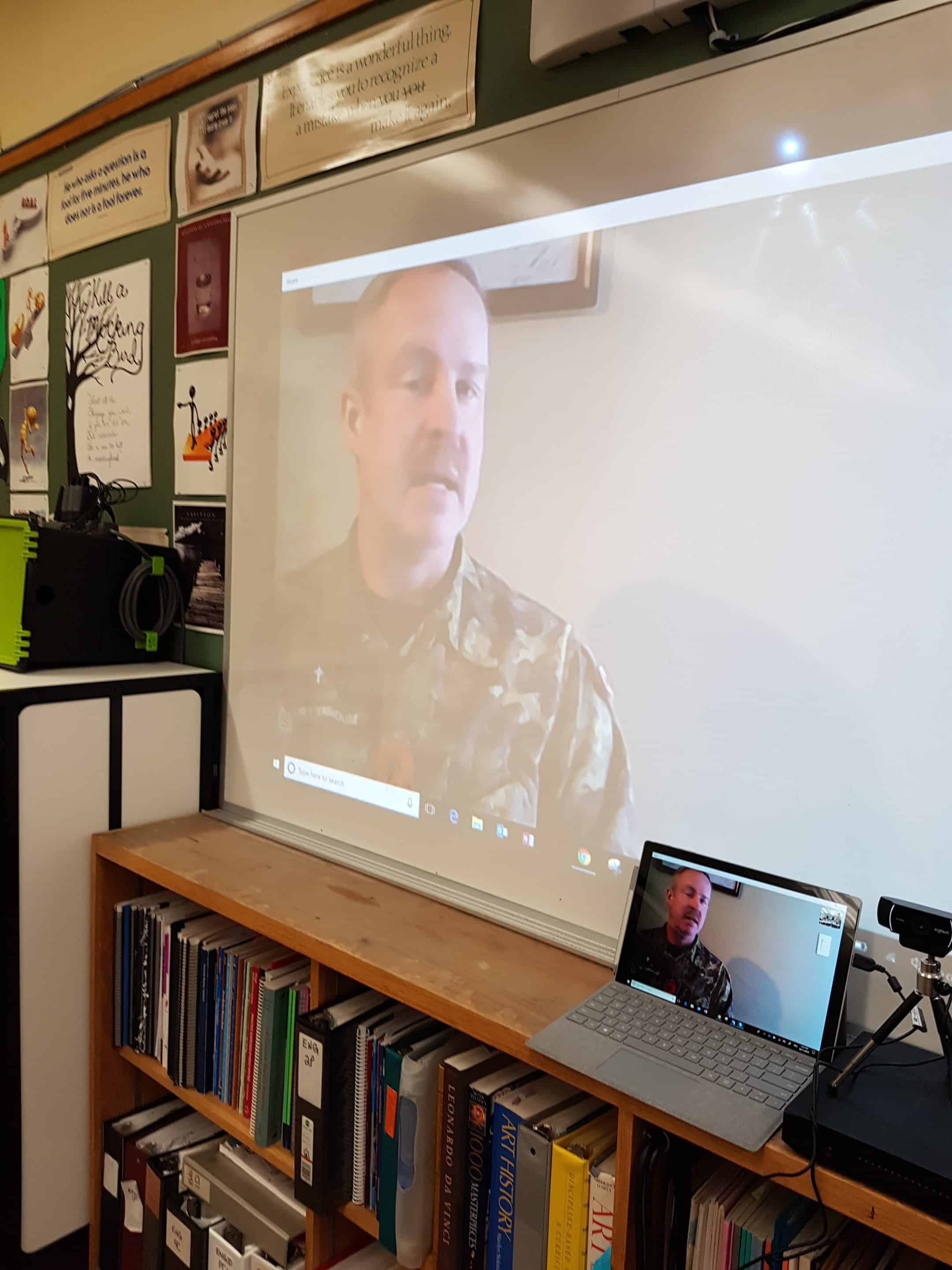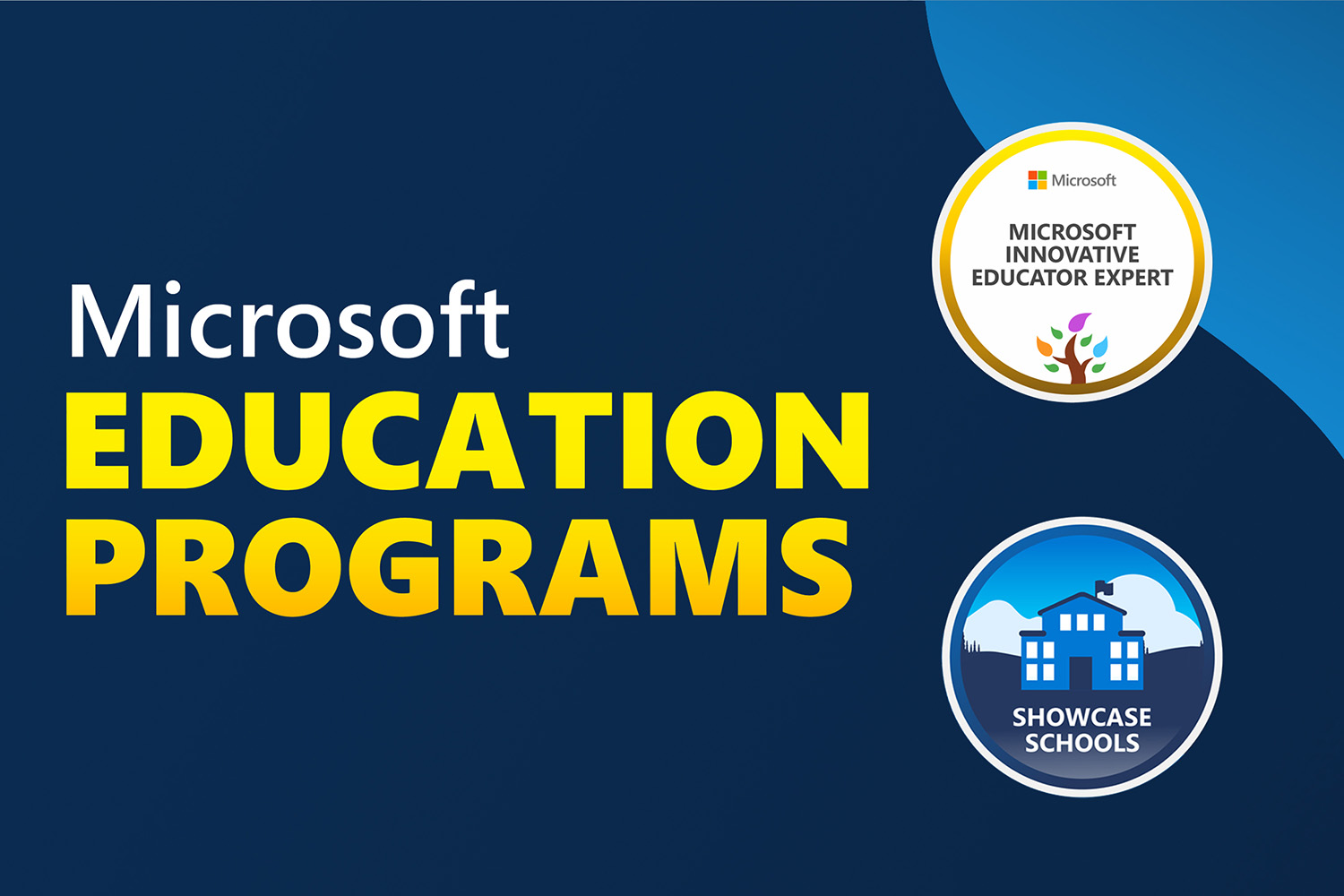From time to time, we feature guest blogs from educators who are making a difference in the lives of young people and who are eager to share their success with the Microsoft Education community. These Changemakers, as we call them, offer insights into the effective use of classroom resources, how to prepare today’s youth for the jobs of tomorrow, and ways that technology can personalize instruction and empower students to lead in their learning. The following Changemaker blog is from Canadian educator, Lynn Thomas. Enjoy!
I’ve been teaching grades 9-12 English Language and Literature in Canada for 25 years, but in the last five years, I’ve had some truly game-changing experiences thanks to innovative educational technology that has greatly increased student voice in my classroom. I’m excited to share how Skype in the Classroom and Flipgrid have allowed my students to explore and engage in deeper learning and excel at greater levels than ever before.
Through Flipgrid, my students have been able to display exemplary oratory skills. Students who had previously refused to give speeches in class due to social anxiety have given stunning, persuasive speeches via Flipgrid. They’re not only displaying comprehension of techniques learned in class but high levels of critical thinking and newfound confidence.
Similarly, Skype in the Classroom has offered extraordinary learning opportunities in my English classes. They’ve become more dynamic and interactive while also encouraging cultural learning opportunities and, most significantly, supporting mental health and wellness and the reduction of related stigmas.
Every semester, I lead a unit that I call “Mental Memoirs.” In a nutshell, we read memoirs focused on mental-health issues, talk about mental wellness and do research on the topic. During the unit, we connect via Skype with various experts in the field. We have spoken to a college professor who teaches psychology in a nursing program in our province, a chaplain who is like a “first responder” to mental health issues for soldiers and a mental-health counselor who started a program that empowers people with mental illnesses to overcome stigma and fear by learning and performing stand-up comedy.
My students appreciate learning from people in the “real world” and always glean important information about mental health and wellness as well as the importance of talking about such issues.
My students’ interest and concern about mental health and wellness inspired them to start a student-run Jack.org chapter in our school. The group works on reducing stigma in our school and community at-large and runs events to increase understanding of mental health and wellness.
Being a small school in a rural community, Skype also allows us to investigate places through virtual field trips. My classes have had great experiences touring the National WWII Museum in New Orleans while reading “Boy in the Striped Pyjamas,” by John Boyne and hearing from other authors like Cressida Cowell, who wrote the “How to Train Your Dragon” series. These forays into the wider world to see and learn things that they would not otherwise be able to take part in due to geography and financial feasibility are groundbreaking for my students.

Additionally, we’ve connected with other classes for discussions around a shared novel. Being a small school, having discussions with the same people all the time doesn’t always offer varying perspectives. Connecting with other classes really sparks rich conversations and deeper learning.
Participation in various globally collaborative projects like the Climate Action Project, the Innovation Project and the No More Plastic Project via Skype have been very meaningful as well. For example, my students commented on what an eye-opening experience it was to talk to people from other countries and learn about their efforts in the No More Plastic Project and to realize how far ahead or behind various countries were in their recycling and reduction efforts overall. One student said learning how other students in Argentina and Ireland were dealing with plastic pollution really put the problem into perspective for her and showed her how everyone is at different points in their fight against plastic.

For me, the most impactful way I have personally used Skype is through Project Kakuma, which seeks to provide free education to refugees. I became involved with the project in 2017 and had the opportunity to teach a Skype lesson to the Kakuma refugee camp in the summer of 2018 and spring of 2019. The experience for me was beyond words. I am blown away by the possibilities that this kind of project and technology offers and am honored and humbled to be a part of it.
Skype in the Classroom has had lasting, positive effects on me and my students. It has allowed us to explore in ways that are not readily available to us and connect with the wider world and various expert communities to support our learning.
That’s why I’m excited for the Global Learning Connection (formerly known as Skype-a-Thon) that’s fast approaching on November 5 and 6. It has been an exciting and worthwhile learning opportunity in my classroom, and I highly recommend getting involved. If you’ve never participated before, don’t be apprehensive—start small with as many calls as you are comfortable with. The first year I participated, I had one call each day. Once you do a few calls, it’s easy to see the benefits and the engagement from your students, and you’ll grow into having more. Find all the information you need right get involved with the Global Learing Connection here.
I’m interested in connecting with other members of the Microsoft Educator community. You can find me on Twitter and check out my blog for more classroom stories.



